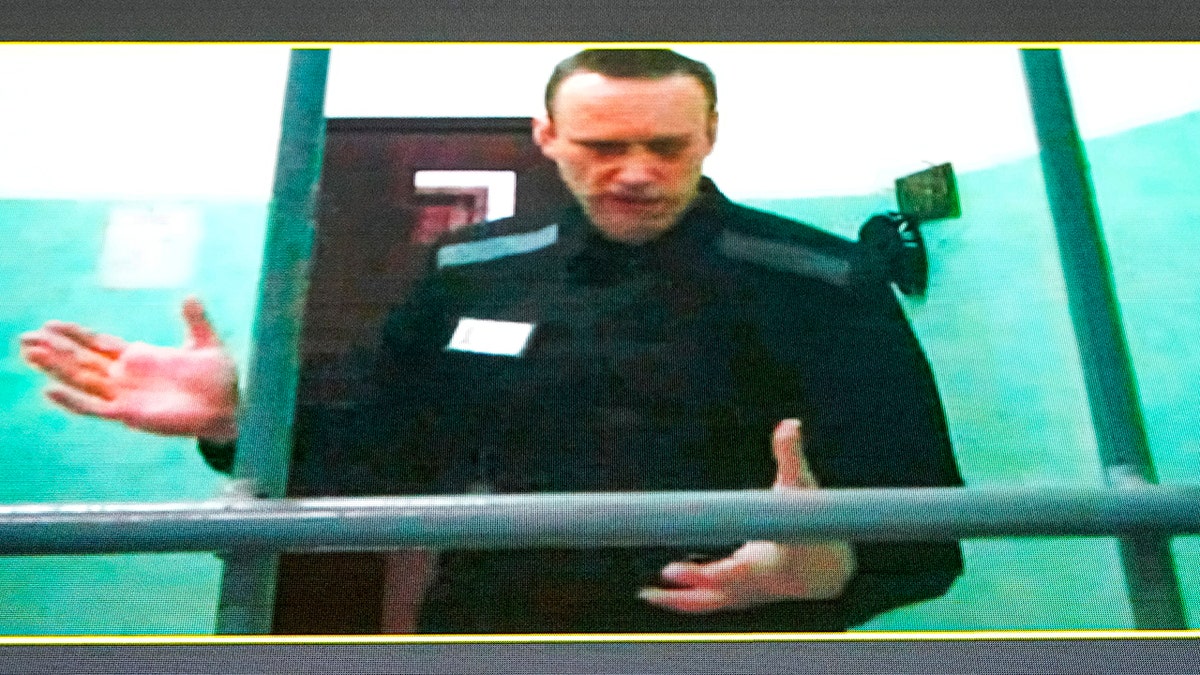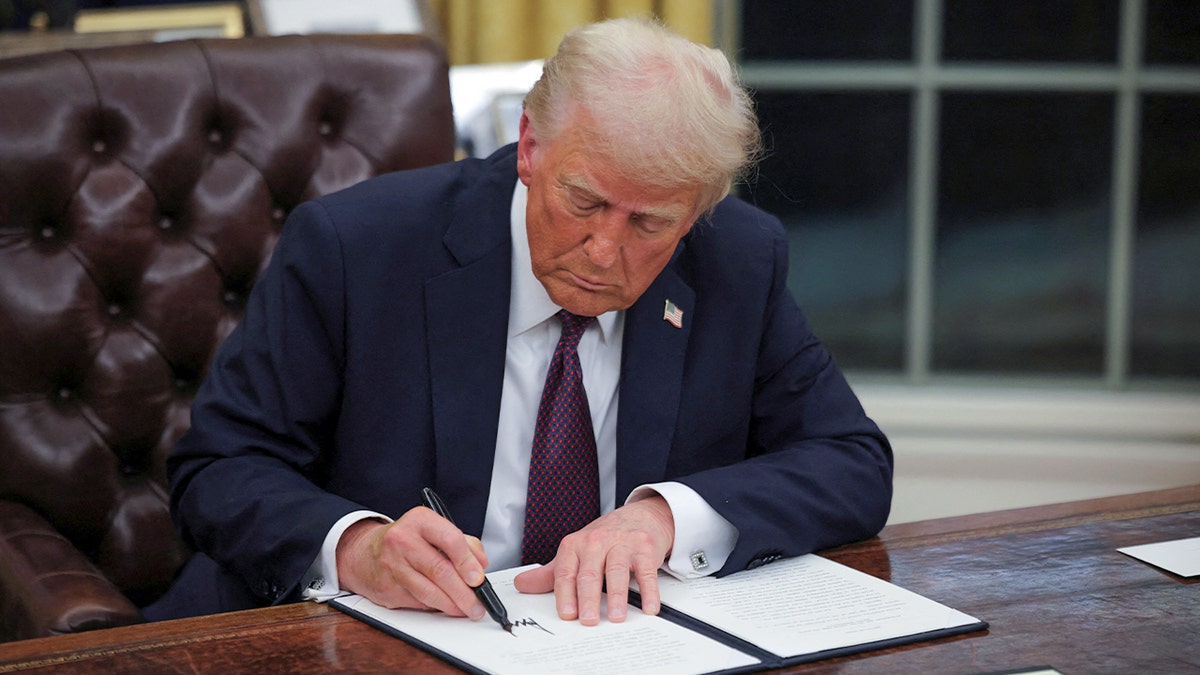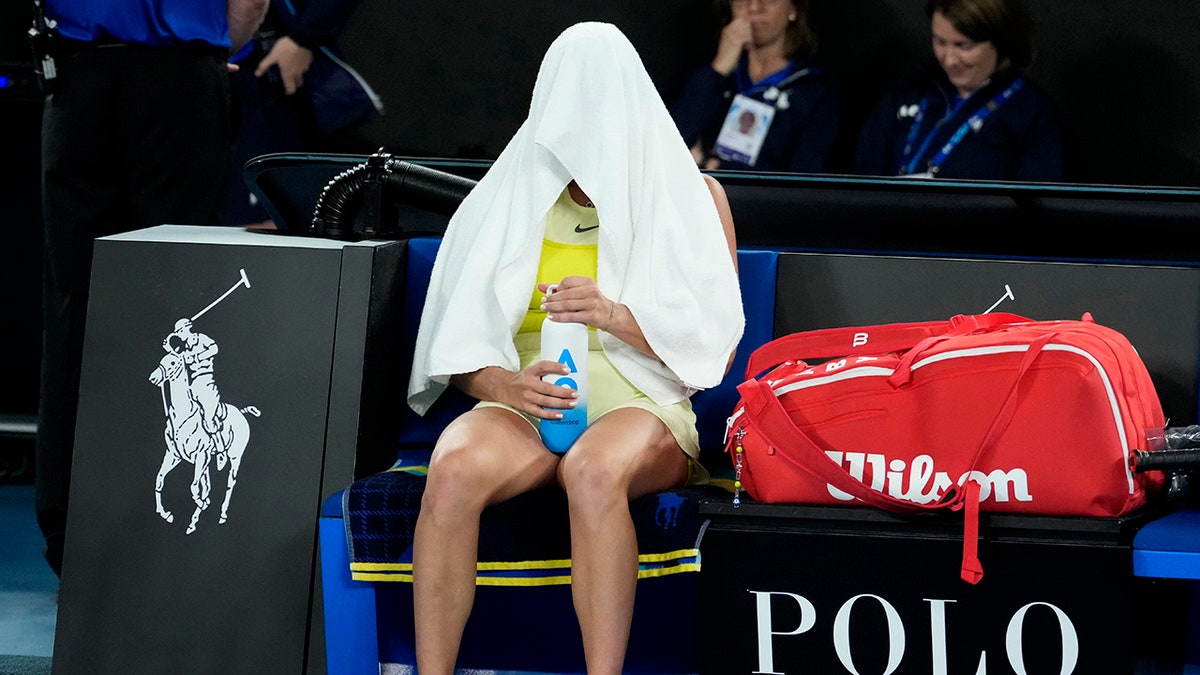Imprisoned Russian opposition figure Alexei Navalny faces a potential 20-year prison sentence on extremism charges, according to his associate, Ivan Zhdanov. The closed-door trial, held within the prison where Navalny is already serving time, is expected to conclude with a verdict on August 4th. This would mark Navalny's fifth criminal conviction, a pattern widely viewed as a Kremlin tactic to suppress its most prominent critic.
In his closing statement, Navalny condemned Russian authorities, asserting they operate based on "bargaining, power, bribery, deception, treachery… and not law." He emphasized the vulnerability of those seeking justice within Russia's legal system.
The 47-year-old Navalny, a staunch critic of President Vladimir Putin, has exposed government corruption and spearheaded anti-Kremlin demonstrations. His arrest in January 2021 followed his return from Germany, where he received treatment for nerve agent poisoning, an attack he attributes to the Kremlin. He was initially sentenced to 2 1/2 years for parole violations, later extended by nine years on fraud and contempt of court charges.
Currently confined to a maximum-security prison east of Moscow, Navalny has endured prolonged periods in solitary confinement for alleged disciplinary infractions. His allies have expressed concerns about his health and access to adequate medical care.
The new charges stem from the activities of Navalny's anti-corruption foundation and statements made by his close associates. These charges, according to his allies, effectively criminalize the foundation's operations since its inception in 2011. Navalny maintains his innocence, asserting that all charges are politically motivated and designed to ensure his lifelong imprisonment.

Daniel Kholodny, one of Navalny's associates, was transferred to the same prison to stand trial alongside him. Prosecutors are seeking a 10-year sentence for Kholodny. The trial, which commenced a month ago, has progressed rapidly compared to typical Russian legal proceedings. Notably, it has been conducted with unusual secrecy, and Navalny's legal team has refrained from public comment.
Navalny has offered glimpses into the trial through social media posts. He mentioned a popular Russian rap song praising him being presented as evidence, reportedly eliciting laughter from the judge and bailiffs. He also claimed the case files linked him to U.S. businessman Warren Buffet.
Three other imprisoned dissidents—Vladimir Kara-Murza, Ilya Yashin, and Alexei Gorinov—testified in Navalny's defense. They described him as being in good spirits, despite the circumstances. Kara-Murza labeled the trial "Kafkaesque," while Gorinov recounted exchanging jokes with Navalny about their shared prison experiences. Yashin recalled Navalny questioning him during his testimony, challenging the accusations.
In his closing statement, Navalny reiterated the injustice of the trial, referencing the recent Wagner mercenary group rebellion. He highlighted the apparent impunity enjoyed by Yevgeny Prigozhin, the leader of the mutiny, despite the deaths of Russian soldiers. Navalny contrasted this with his own situation, underscoring the precarious state of law and justice in Russia.








